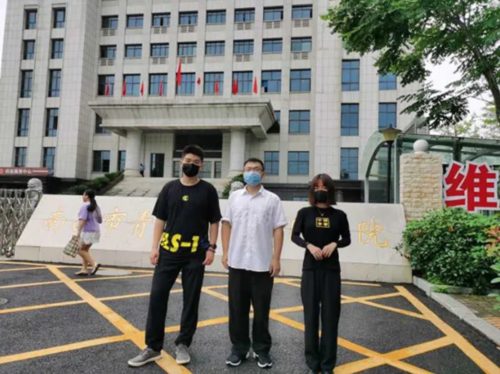Law to ban electroshock therapy for internet addicts
Top society and culture news for January 13, 2017. Part of the daily The China Project news roundup "Tillerson risks ‘devastating confrontation’ with Beijing.

SOCIETY AND CULTURE:
-
China says it will ban abuse of children at internet detox camps / NYT (paywall)
In order to crack down on abuse at internet detox camps, which sometimes use controversial methods to cure internet addiction, the Legislative Affairs Office of the State Council drafted a law that would ban abusive treatment such as electroshock therapy and “physical punishment.” -
What happens when all of China goes on vacation at once / CNN
With Chinese New Year starting on January 28, the world’s biggest human migration, known as chunyun, has begun. Over the 40-day period from January 13 to February 21, Chinese authorities anticipate “2.5 billion trips by land, 356 million by rail, 58 million by plane, and 43 million by sea.” Transport networks are likely to set a new record: CNN writes that “the total number of trips is expected to reach 1.2 billion kilometers (745 million miles): the equivalent of eight times the distance from Earth to the Sun or a leisurely rocket ride to Saturn.”
- China billionaires whip up racehorse world / Financial Times (paywall)
- Care facility in China offers help to aging parents who have lost only children / Globe and Mail
- China faces weightlifting ban after three Beijing Olympics gold medalists fail dope tests / SCMP
WEI WATCH:
Keep an eye on what’s buzzing among China’s 700 million social media users.
Internet users divided on new regulations for payment companies / Weibo (in Chinese)
As mentioned above, China’s central bank today released a statement ordering non-bank payment companies such as Alibaba’s Alipay and Tencent’s Tenpay to cease making money by earning interest from their customers’ money. Online commenters are divided on the new rules. Some question why companies like Alipay aren’t allowed to make money from people’s funds when the central bank can. Others say they feel more secure when their money is in the state’s hands.






